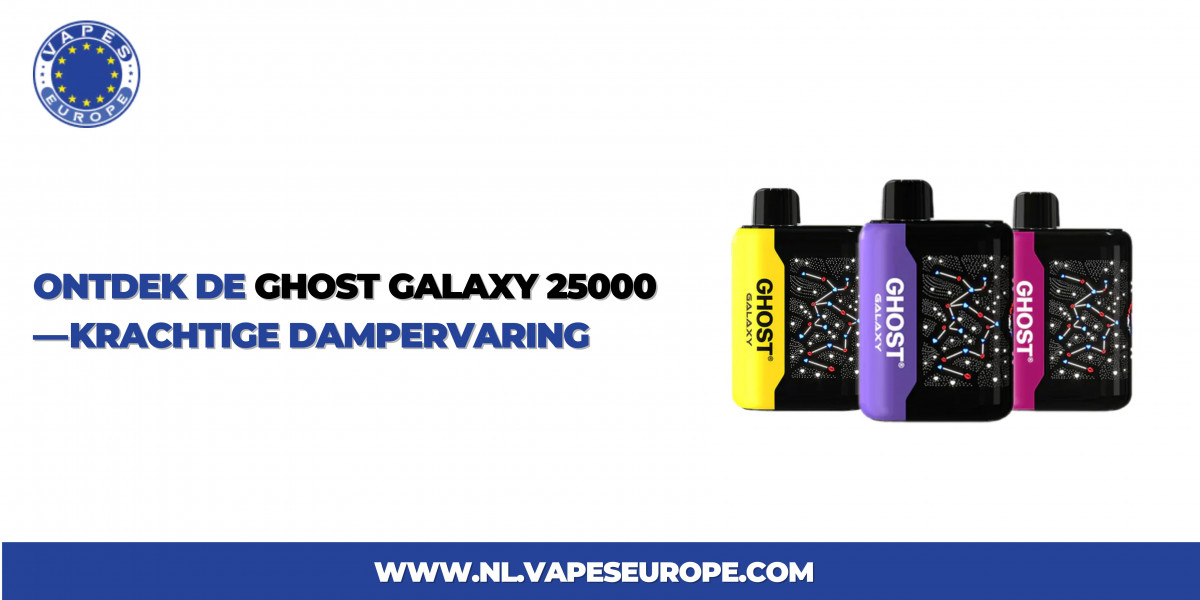Leveraging Technology and Data Analytics for Improved Outcomes
With the rising costs of healthcare and emphasis on value-based care, providers are looking for ways to deliver higher quality care at lower costs. One approach that is gaining popularity is implementing comprehensive care management solutions that leverage technology and data analytics. These solutions aim to improve care coordination, connect patients to needed services, and ensure all aspects of a patient's care are addressed in a holistic manner.
Care Management Solutions is providers adopting these solutions have access to powerful data and analytics tools that give insights into their high-risk patient populations. Risk stratification algorithms can identify those most likely to benefit from intensive care management intervention based on their clinical conditions, demographics, and predicted future costs. This targeting allows care managers to concentrate their efforts where it will have the biggest impact. Patient data from electronic health records, claims, and other sources are aggregated to give care teams a full picture of each individual and their unique needs and risks.
Connections to Community Resources
For many chronic conditions and complex cases, medical care alone is not enough - social and environmental factors also need to be addressed for optimal outcomes. Care managers relying on these solutions have resources at their fingertips to connect patients to community-based organizations and social services. This may involve finding housing assistance for a homeless patient, arranging Meals on Wheels for a malnourished senior, or linking a family in crisis to counseling or financial guidance. Ensuring patients' social determinants of health are met helps address the root causes of illness versus just treating symptoms.
Streamlined Communication
Coordinating care across multiple providers, settings, and disciplinary teams can be a major challenge without the right technology in place. Care management solutions aim to improve communication and data sharing between all parties involved in a patient's care. For instance, a solution may provide a centralized platform where care managers, physicians, nurses, social workers, and others can view treatment plans, update progress notes, flag issues to discuss, and exchange secure messages. This streamlines handoffs and improves everyone's awareness of a patient's full clinical picture and care needs.
Remote Patient Monitoring and Telehealth Support
Advanced solutions now enable remote patient monitoring and telehealth as part of comprehensive care management. For patients with certain chronic illnesses requiring frequent surveillance, digital tools allow vital signs, symptoms, and other data to be sent securely and automatically to care teams for review. This remote monitoring detects issues and exacerbations early before they become emergencies. It also gives peace of mind to patients who no longer need as many office or emergency visits. Telehealth options expand access to care by facilitating video or phone consultations between patients and their providers from the comfort of home.
Promoting Self-Management Skills
Solutions aim to empower and engage patients as active partners in their own care. Features such as online health assessment portals, educational modules, and secure messaging with care teams help patients better understand their conditions and treatments. Self-management tools like medication reminders and daily symptom trackers assist with adherence and monitoring between visits. This shift toward patient-centered care promotes prevention, catches problems sooner, and reduces costly readmissions or complications down the line.
Measuring Performance and Outcomes
Having access to real-time analytics and performance dashboards allows providers to monitor their success with care management initiatives. Key metrics include utilization rates, costs, hospital admission and readmission rates, patient satisfaction scores, and clinical outcomes targets set for populations with chronic illnesses such as diabetes or heart failure. If goals are not being met, solutions help pinpoint which programs or processes need refinement through continuous, data-driven quality improvement. Reimbursement is also increasingly linking to outcomes achievement in value-based payment models.
Building Sustainable Programs
The start-up and ongoing costs of comprehensive care management may seem daunting for some organizations. However, most experts agree that the financial returns outweigh these investments over time. Proper use of risk stratification ensures high-needs patients receive the right level of intervention while lower-risk groups still have support through self-service patient portals or group visits. As outcomes like hospitalizations are reduced, total costs of care go down. Many providers have found their programs become self-financing within 2-3 years and even generate profit that can be reinvested into further innovation. With the long-term shift to value-based care, these solutions are a must-have for sustainability.
The Future of Care Management
As technologies continue advancing, the potential for care management solutions grows. Areas likely to see more development include increased integration with other digital health tools patients already use, application of artificial intelligence for more sophisticated predictive analytics and individualized clinical guidance, and expansion of virtual care through augmented/mixed reality and other mediums beyond traditional telehealth. If providers remain open to new strategies, care management will play a vital role in achieving the goals of higher quality, affordability, and satisfaction under alternative payment models now taking shape nationwide. Implementing comprehensive, tech-enabled programs sets organizations up for long-term success in this evolving healthcare environment.
Get This Report in Japanese Language: ケアマネジメント・ソリューション
Get This Report in Korean Language: 케어 관리 솔루션
About Author:
Priya Pandey is a dynamic and passionate editor with over three years of expertise in content editing and proofreading. Holding a bachelor's degree in biotechnology, Priya has a knack for making the content engaging. Her diverse portfolio includes editing documents across different industries, including food and beverages, information and technology, healthcare, chemical and materials, etc. Priya's meticulous attention to detail and commitment to excellence make her an invaluable asset in the world of content creation and refinement. (LinkedIn- https://www.linkedin.com/in/priya-pandey-8417a8173/)










